Author: Jace Lington
-
Congressional Review Act resolution would block Head Start vaccine and mask mandates

A Congressional Review Act (CRA) resolution introduced in the U.S. Senate aims to block an interim final rule issued by the U.S. Department of Health and Human Services (HHS) that requires all Head Start staff and volunteers to get vaccinated against COVID-19 and wear a mask. Senator John Thune (R-S.D.) sponsored the resolution in the…
-
U.S. Supreme Court to decide whether veterans may challenge VA decisions based on illegal regulations

The U.S. Supreme Court agreed to hear George v. McDonough in an order released on Jan. 14, 2022. The case concerns whether veterans may challenge U.S. Department of Veterans Affairs (VA) decisions based on regulations that are found to be in violation of the plain text of governing statutes. If the U.S. Supreme Court rules…
-
U.S. Supreme Court to decide whether federal courts have jurisdiction over challenges to the structure of the Federal Trade Commission
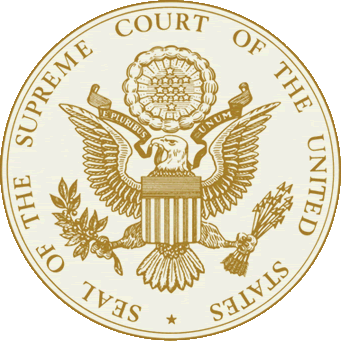
The U.S. Supreme Court agreed to hear Axon Enterprise, Inc. v. Federal Trade Commission in an order released on Jan. 24, 2022. The case concerns whether federal courts have the authority to review constitutional challenges to the structure of the Federal Trade Commission (FTC) if plaintiffs have not first raised such challenges during agency adjudication…
-
U.S. Supreme Court to determine the regulatory jurisdiction of the EPA under the Clean Water Act
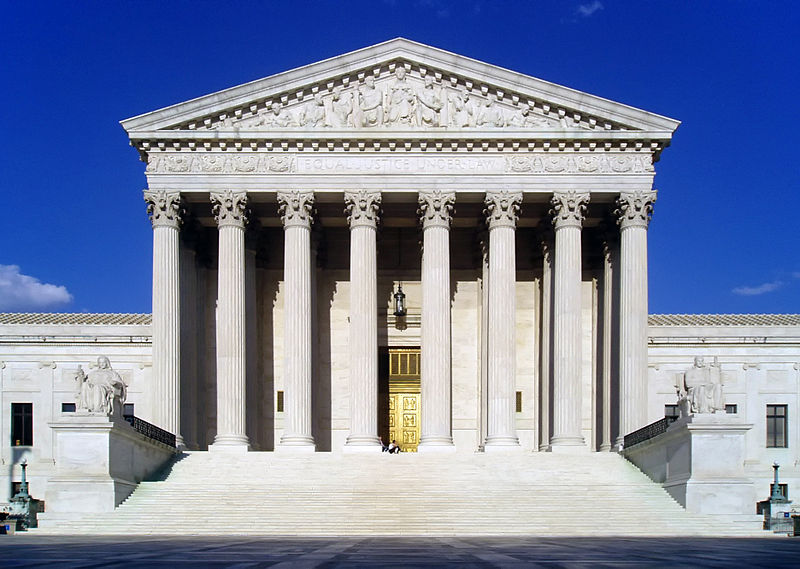
The U.S. Supreme Court agreed to hear Sackett v. Environmental Protection Agency in an order released on Jan. 24, 2022. The case concerns the proper test for determining whether wetlands are “Waters of the United States” under the Clean Water Act (CWA). If a majority of justices interpret the CWA in the same way, then…
-
Congressional resolution would block OSHA COVID-19 vaccine mandate
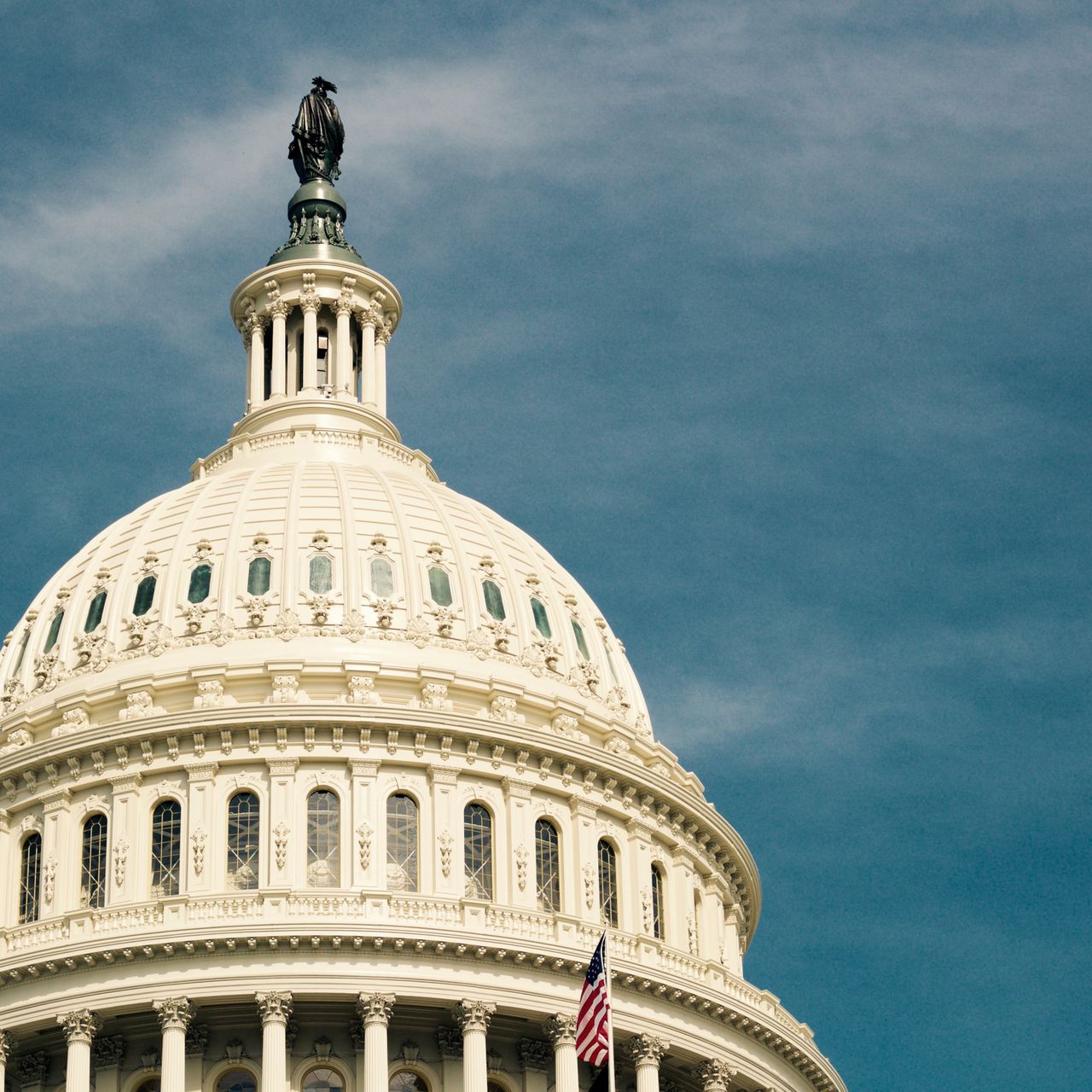
Companion resolutions, introduced in both houses of Congress under the Congressional Review Act (CRA), aim to block a mandate issued by the Occupational Safety and Health Administration that directs large employers to require employees to get vaccinated against COVID-19 or to submit to regular testing and face covering. Representative Fred Keller (R-Penn.) sponsored the resolution…
-
Biden signs three Congressional Review Act bills repealing Trump-era rules
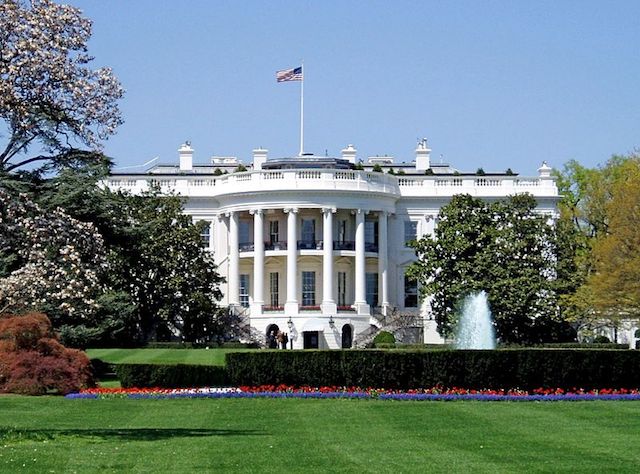
President Joe Biden (D) signed three Congressional Review Act (CRA) bills on June 30, reversing three administrative rules implemented near the end of the Donald Trump (R) administration. Signing these bills brings the total number of rules repealed under the CRA to 20. These CRA bills are also the first Congress has used to reverse…
-
U.S. Supreme Court rules Federal Housing Finance Agency has unconstitutional structure
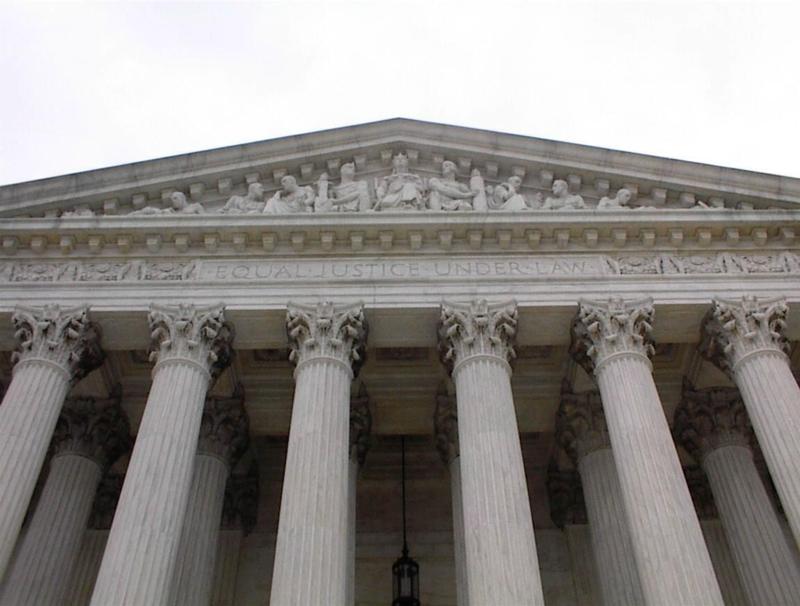
In Collins v. Yellen, the U.S. Supreme Court held that restrictions on the president's authority to remove the director of the Federal Housing Finance Agency (FHFA) violated the separation of powers. In its June 23 decision, the court also rejected the argument that the FHFA actions at issue in the case went beyond the agency’s…
-
U.S. Supreme Court: Constitution requires more supervision over administrative patent judges from Patent and Trademark Office director
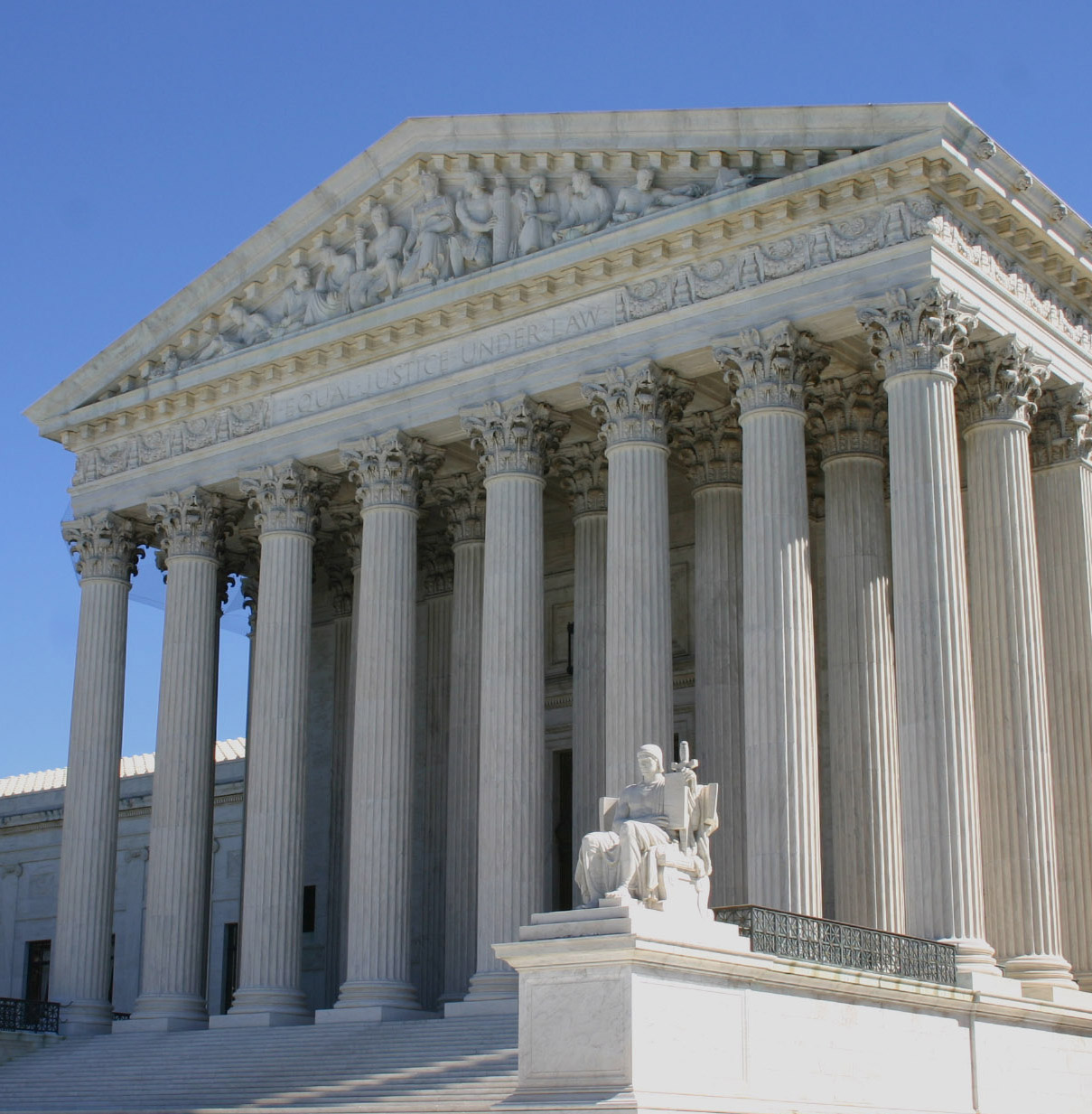
In United States v. Arthrex, the U.S. Supreme Court held that the Appointments Clause does not allow administrative patent judges (APJs) to resolve patent disputes without more supervision from higher-level agency officials. In its June 21 decision, the court decided to sever the parts of the patent statute that prevented the director of the Patent…
-
Unanimous U.S. Supreme Court rules in favor of pre-enforcement challenge against IRS regulation
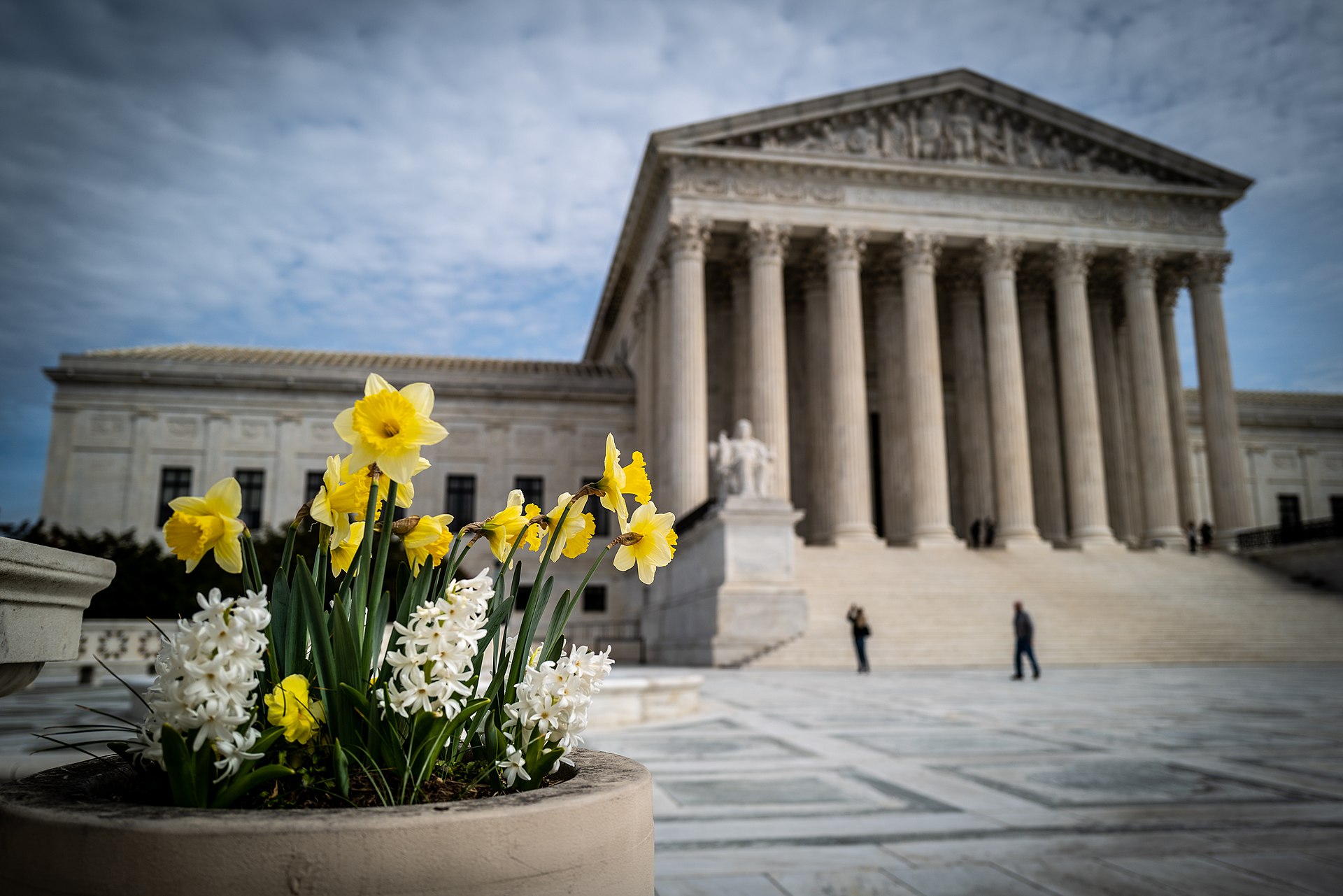
The U.S. Supreme Court ruled unanimously in CIC Services v. Internal Revenue Service that CIC Services, a risk management consulting firm, may challenge an IRS records reporting regulation without first violating the new regulation and paying a tax penalty. At issue was whether the Anti-Injunction Act (AIA), a federal law that bars lawsuits to prevent…
-
U.S. Supreme Court dismisses case challenging regulations related to abortion under Title X family planning program

The U.S. Supreme Court dismissed American Medical Association v. Becerra in its order list published on May 17. The case concerned whether the U.S. Department of Health and Human Services (HHS) violated the Administrative Procedure Act (APA) and federal healthcare laws when it issued a 2019 rule that placed abortion-related restrictions on healthcare providers receiving…

